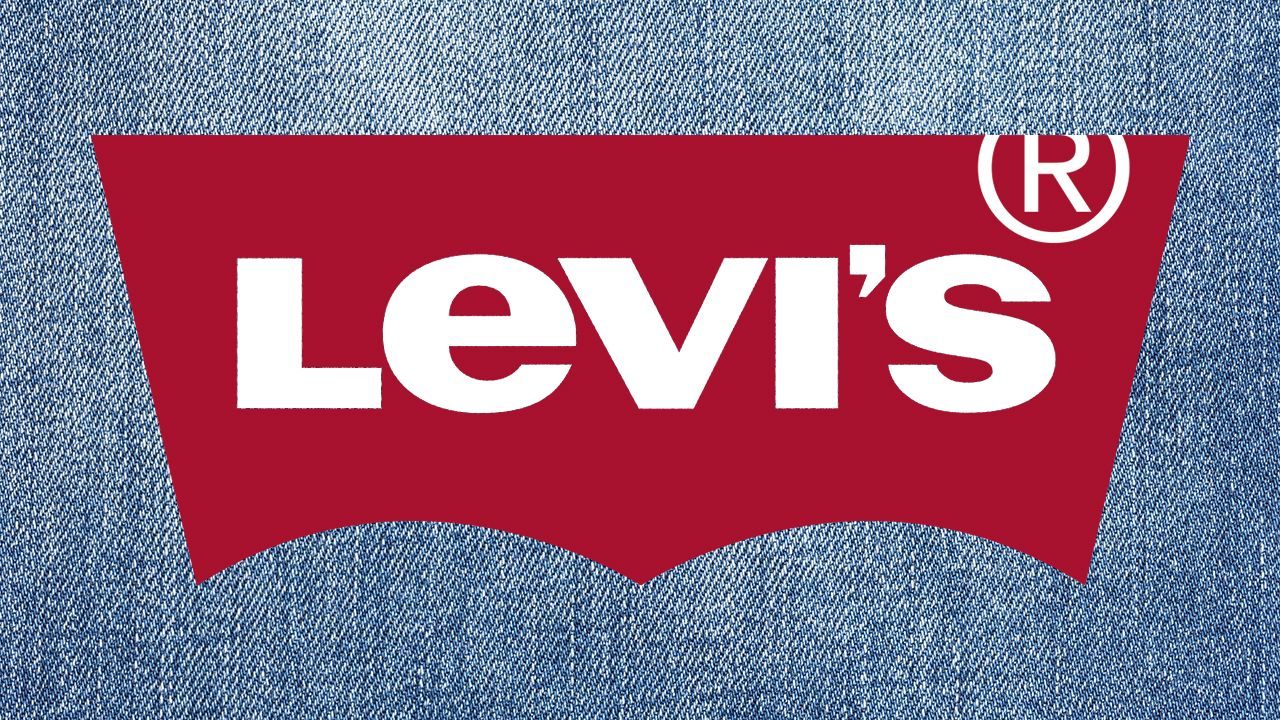
Levi Strauss & Co. is set to go public for the second time Thursday as the jeans maker jumps on an IPO wave being ridden most notably by big tech startups such as Lyft Inc. and Uber Technologies Inc.
Continue Reading Below
The denim company is selling shares at $17 apiece, it said Wednesday, for a valuation of roughly $6.6 billion. That is above its proposed range of $14 to $16 a share and shows brisk investor demand for one of the largest retail and consumer-products IPOs of the past decade.
The stock will begin trading on the New York Stock Exchange Thursday under the ticker LEVI.
The backdrop for Levi’s IPO could hardly be better for a new issuer as stocks are trading near record highs with relatively low volatility, and the S&P 500 Retailing index is up about 14 percent this year.
Still, public offerings for retail and apparel companies have been relatively rare in recent years as the industry grapples with online competition and shifting consumer tastes.
But Levi Strauss has managed to post relatively strong growth lately. It had $5.6 billion in net revenue and $285.2 million in net income in the fiscal year ended Nov. 25, 2018, up from $4.9 billion and $284.5 million, respectively.
Advertisement
The company was taken private in 1985 in a leveraged buyout by the Haas family, descendants of founder Levi Strauss, who in 1853 opened a dry-goods store in San Francisco and sold work pants to miners during the California Gold Rush.
Mr. Strauss had no children and left the business to his four nephews and other family members. Their descendants ran the company for decades and remain its biggest shareholders. While family members are selling a piece of their stake, they will retain overwhelming control.
Proceeds from the offering are expected to go mainly to family members. They are expected to receive $462 million, while $161 million goes into the company’s coffers, excluding the underwriters’ allotment.
After the IPO, seven family members will control about two-thirds of the shares outstanding. There are dozens of other family members who also own smaller stakes.
While Levi Strauss has touted the sophistication of its manufacturing and technology in pitch meetings with investors, it is squarely a retail and apparel company, with most of its sales coming from its bluejeans and Dockers khaki pants.
Still, the San Francisco company will look like many tech companies in one important way when it starts trading: It will make its debut with a dual-class structure that gives the controlling Haas family a separate class of stock with 10 votes per share, compared with one per share for new stockholders. Altogether, the Haas family will control 99 percent of the shareholder vote.
Because of that, the family will have significant influence over major decisions, ranging from the election of directors to whether to make an acquisition or one day sell out to a competitor. Many stock indexes have banned newly public companies with dual-class structures, which governance advocates frown upon.
Some of the biggest public tech companies that have made their debuts in recent years, including Facebook Inc., Google parent Alphabet Inc. and Snap Inc., have supervoting structures that give their founders control.
Lyft, which is set to make its debut next week, will also have a supervoting structure in place.
Dual-class voting stock is more rare in retailing, but Ralph Lauren Corp. and Under Armour Inc. are two exceptions, giving the respective founders Ralph Lauren and Kevin Plank outsize control.
Levi Strauss is returning to the public markets at a time of intense scrutiny for retail and apparel brands, many of which have struggled to adapt to changing shopper habits. The internet has reduced the barriers to entry, allowing a bevy of online startups to siphon customers from established brands. At the same time, the growing dominance of Amazon.com Inc. has pressured traditional chains to lower prices and speed delivery times, which has eaten into profits.
Some established competitors have sought to weather the storm out of the public eye. The founding Nordstrom family tried to take the department-store chain private in 2017, but was unable to raise enough financing at attractive rates.
CLICK HERE TO GET THE FOX BUSINESS APP
Other brands have diversified through acquisitions, including Michael Kors, which changed its name to Capri Holdings Ltd. after buying the Jimmy Choo and Versace brands. Likewise for Coach, which renamed itself Tapestry Inc., after acquiring Kate Spade and Stuart Weitzman.
In its IPO filing, Levi Strauss said it was looking to make acquisitions that would “drive further brand and category diversification.”
Write to Maureen Farrell at maureen.farrell@wsj.com and Suzanne Kapner at Suzanne.Kapner@wsj.com


